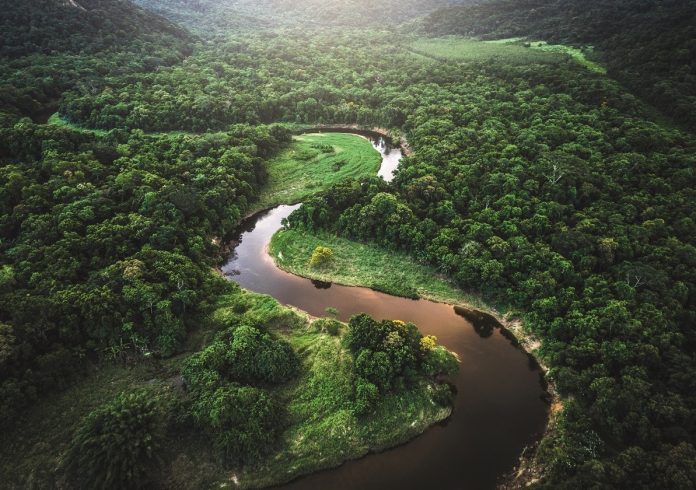The World Wide Fund for Nature (WWF) has released a report that shows, for the first time, which countries will be worst affected over the next 30 years if urgent action is not taken to avert the global environmental crisis, with the US facing the largest losses of absolute annual gross domestic product (GDP).
Using a new modelling approach, the Global Futures study predicts that $83bn will be wiped off the USA’s economy each year by 2050. Japan and the UK will make huge losses, too: $80bn and $21bn per year respectively. The losses in all three countries are attributed mainly to anticipated damage to coastal infrastructure and agricultural land through increased flooding and erosion.
WWF chief scientist Rebecca Shaw warned: “Continuing with business as usual could lead to disastrous outcomes. We need governments and corporations to halt nature loss and tackle this planetary emergency.”
The ‘status quo’ approach would cost the world at least $479bn a year, adding up to $9.87tn by 2050 – equivalent to the combined economies of the UK, France, India and Brazil. Under a ‘global conservation’ scenario, in which land use is carefully managed to avoid losing more areas important for biodiversity and ecosystem services, global GDP would rise by $490bn per year above the ‘business as usual’ approach.
Developing countries will also be hit hard, with east and west Africa, central Asia and parts of South America particularly badly affected. The countries losing most as a percentage of GDP are Madagascar, Vietnam and Togo.








